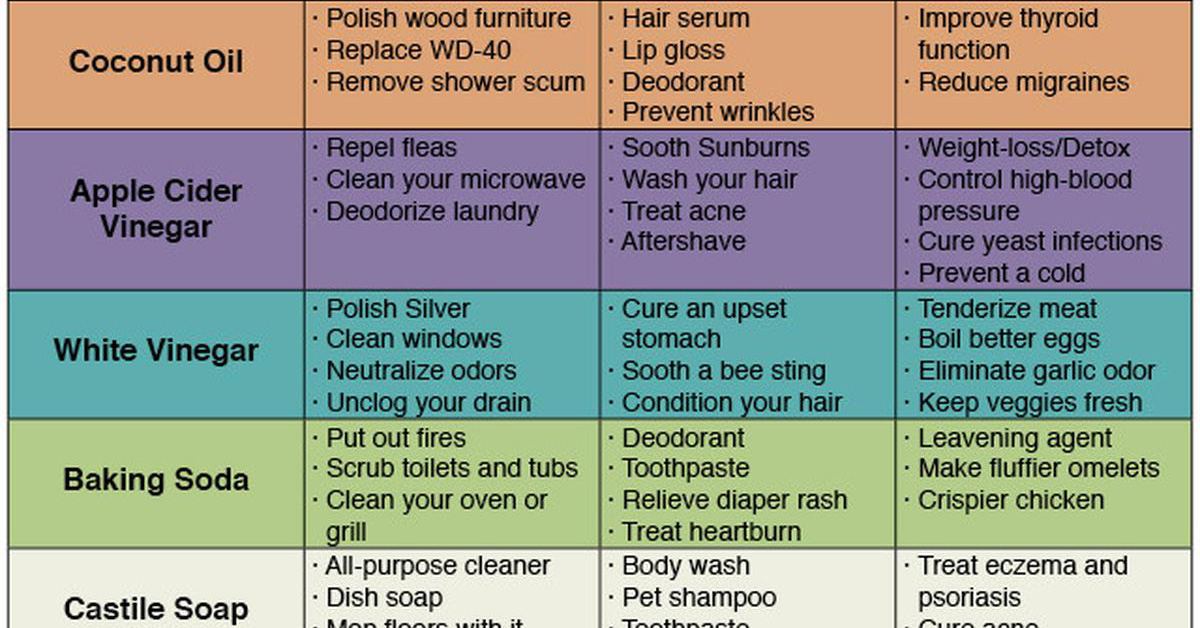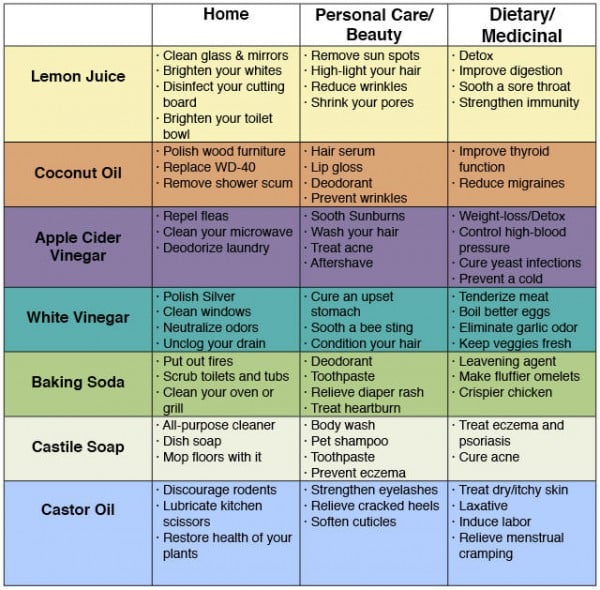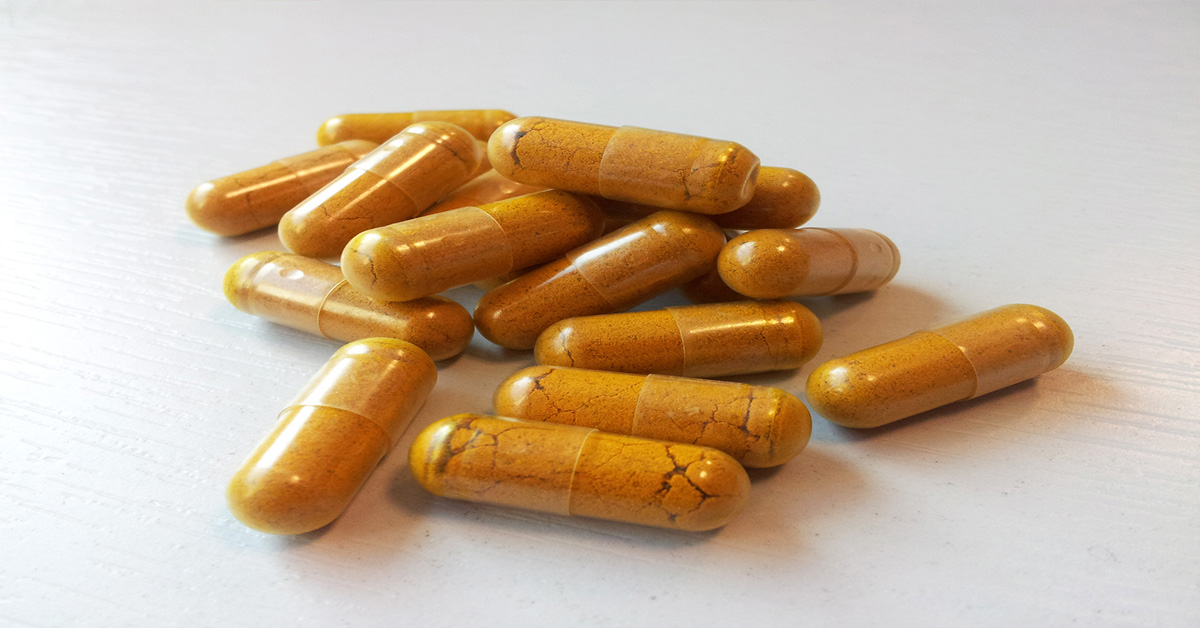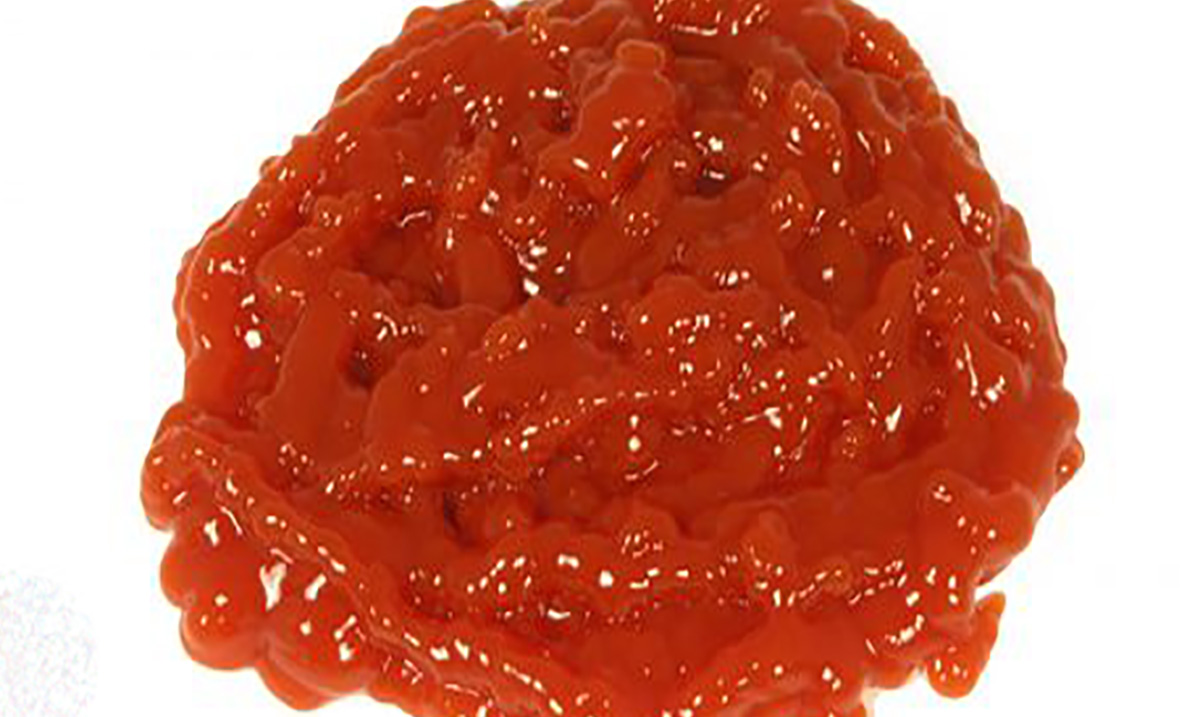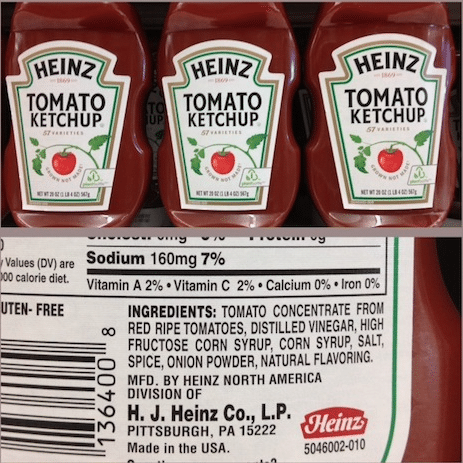Magnesium often referred to as the “chill pill”, calms down the nervous system and regulates cortisol. When our cortisol levels become unregulated extreme anxiety, depression, weight gain, weakened immune system, and increased blood pressure can occur. So how do you correct this deficiency and protect yourself against public health enemy number one?
What is Magnesium?
Magnesium is a mineral that takes the spotlight for composing the structure of our bones, however, in recent years’ research has found that magnesium is also linked to our brain health. It is also important to the correct functioning of the heart, muscles, and kidneys. Due to the fact that this mineral has been depleted from modern soils and filtered out of our drinking water, magnesium deficiency is becoming more prevalent in our modern world.
Along with the ability to regulate cortisol, magnesium also acts as a blood/brain barrier preventing the entrance of stress hormones into the brain. Magnesium also decreased the responsiveness of our adrenals, in turn lowering the amount of adrenaline pumping through our body in stressful situations. A study in France of 264 patients with Generalized Anxiety Disorder, GAD, found that a significant amount of men and women reported improvements once placed on a magnesium regimen. Further studies have found that magnesium is just as effective for treating depression as antidepressants. A study published in 2012 that was published in the January edition of the Neuropharmacology Journal found that a diet deficient in magnesium cause enhanced anxiety-related behaviors in mice.
Are You Magnesium Deficient?
Various health conditions including kidney disease, gastrointestinal problems, diabetes as well as consuming too much caffeine, sodas or alcohol, heavy periods, too much sodium, and prolonged stress, can all interfere with the ability to obtain the right amount of magnesium from your diet. If you meet any of these criteria, you should consider having your magnesium levels checked.
Symptoms of deficiency vary from fatigue, anxiety, infertility, body odor, poor concentration, loss of appetite, insomnia, personality shifts, and thyroid issues. If you are over 19 years old, you should probably have around 350mg of magnesium each day, which can typically be found in your diet.
Add These Magnesium Rich Staples to Your Diet TODAY!
Load up on these magnesium-laden staples to ensure that your diet includes enough magnesium to prevent a deficiency.
• Almonds
• Spinach
• Cashews
• Peanuts
• Soy milk
• Black beans
• Whole wheat bread
• Avocado
• Brown rice
• Oatmeal
• Kidney beans
• Salmon
• Halibut
• Raisins
• Beef
• Broccoli
• Apple
• Carrots
Try these healthy and magnesium rich recipes to add magnesium back to your diet in a way you will love!
1. Black Bean Spinach Salad
The spinach (48 mg) and black beans (147 mg) in this salad combine to not only satisfy your taste buds but also to provide an ample 195 mg of magnesium to your diet.

Ingredients
½ cup cooked black beans
2-3 cups organic baby spinach
2 cups fresh corn
1 cup grape tomatoes, cut into halves
1 shallot chopped
1 yellow pepper, chopped
1 Tbsp. pomegranate molasses
Juice of ¼ orange
1 Tbsp. avocado oil
½ tsp. garlic
Salt to taste
Directions
-Throw everything into a bowl, and mix thoroughly
2. Cinnamon Apple Oatmeal
Oatmeal is an ample source of magnesium as it contains 61 mg per one cup serving. Combine with soy milk which has 61 mg and you are already at 122 mg of this must have mineral, and that is just breakfast!
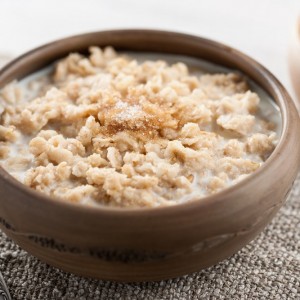
(Serves 4)
Ingredients
2 crisp organic apples, like Honey Crisp
3 cups filtered water
1 cup steel-cut oats
1 cup organic soy milk
3 Tbsp. packed brown sugar
½ tsp. ground cinnamon
¼ tsp. salt
½ cup plain Greek yogurt
Directions
-Shred apples with a box grater. Heat a sauce pan up to medium heat and add in apples.
– Add oats, soy milk, and water. Turn the heat down and cook over low heat for 10 minutes.
– After 10 minutes, add in brown sugar, cinnamon, and salt. Cook for another 15 to 20 minutes.
– Divide into four bowls and top with a dollop of yogurt.
3. Raw, Vegan Cashew Cream
Just one ounce of cashews contains 83 mg of magnesium and this is raw and vegan. Cashew cream has many uses for a raw or vegan diet. It can be used as a non-dairy alternative to heavy cream in soups, desserts, or even sour cream!

Ingredients
1 cup raw cashews, soaked for 2 hours
1/4-1/2 cup filtered water depending on desired thickness
2 Tbsp. pure maple syrup (for sweet recipe uses)
1/2 tsp. natural vanilla extract, plus more to taste
Directions
-Throw everything in the blender and blast on high until thick and creamy.
It’s a good idea to start with 1/4 cup of water, and then gradually thin it out in order to achieve the desired thickness.
DIY Lavender Magnesium Pillow Spray
Epsom salt soaks are a common and relaxing way to get more magnesium into your system, but this relaxation inducing lavender linen spray is too! It’s simple to make and you only need to spray it on your linens before bed.
Epsoak Epsom Salt (Magnesium Sulfate) is GMO-free and is just one ingredient. It is around $30.00 per huge bag, and is very helpful to not only assist in counteracting magnesium deficiency, but also can help relax muscles, improve skin, relieve pain, and ease the stress!

Ingredients
5-6 drops lavender essential oil
¼ tsp. Epsom salts
½ cup filtered water
Small spray bottle
Directions
Add the salt to spray bottle, and then add essential oil. Fill the rest of the way with water. Shake before use. Spray onto your pillow before bed for sound sleep.
Magnesium deficiency has been linked in various studies to anxiety, depression, poor concentration, along with many physical ailments as well. Your diet and current health conditions can prevent you from getting the right amount of this miracle mineral, thus causing a deficiency that can be detrimental to your health in so many ways! Make sure you stay in control of your health, and your well-being by ensuring you keep your magnesium levels balanced and level.
https://youtu.be/8pI3nT-_kW8



